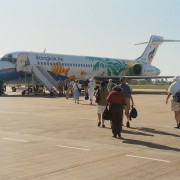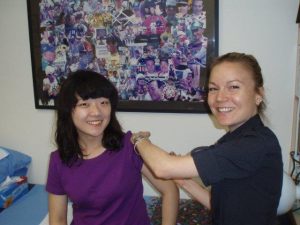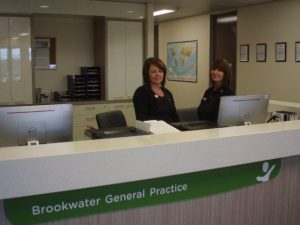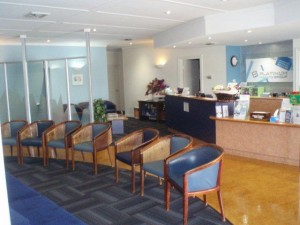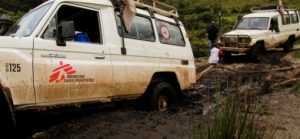here
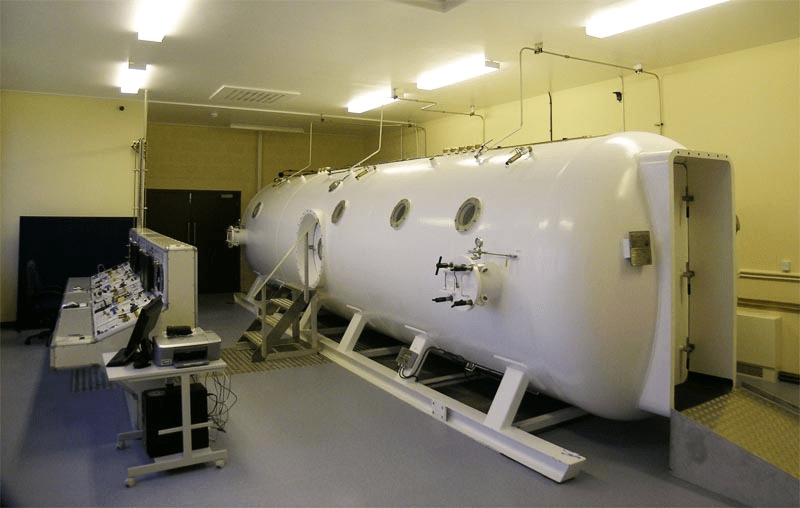
Prepared by TMA Member Boronia
Decompression Sickness (DCS) is also known as Acute Decompression Illness (ADI) or, more colloquially, as the ‘bends’ (because the pain involved can bend a person).
DCS in the setting of scuba diving or deep-sea diving, refers to an illness caused by an overly rapid ascent to the water’s surface.
During a scuba dive, the diver absorbs additional quantities of oxygen and nitrogen into the blood and tissues. The nitrogen is dissolved into the bloodstream, where it remains during the dive. Once a diver begins their ascent, the surrounding water pressure decreases. If this transition occurs too quickly, the nitrogen does not have sufficient time to leave the bloodstream and be exhaled via the lungs. Instead, nitrogen bubbles form in the bloodstream which can enter tissues throughout the body.
Factors increasing risk of DCS
- Increasing Age
- Being female
- Poor fitness
- Obesity
- Dehydration
- Alcohol / hangover state
- Fatigue / sleep deprivation
- Sickness
- Heart muscle defects
- Ventricular wall defects
- Airways disease (eg. asthma)
- The rate of ascent
- Flying after diving
- Repetitive dives
- Exercise after diving
Symptoms of DCS
Approximately fifty percent of divers with DCS develop symptoms within 1 hour after surfacing, 90 % within 6 hours and 98 per cent within the first 24 hours.
Generally, the sooner the symptoms develop, the more serious the DCS is likely to be.
DCS symptoms vary significantly because nitrogen bubbles can lodge in different parts of the body. The symptoms experienced are largely determined by the where the bubbles ultimately lodge. eg. bubbles that lodge in the joints will cause joint pain; bubbles under the skin can cause a blotchy rash/itching; bubble formation in the spine may lead to limb weakness/ paralysis, etc.
- Joint pain (most common).
- Dizziness.
- Headache.
- Nausea.
- Vision disturbance.
- Skin changes (blotchy rash, itching).
- Disorientation.
- Extreme fatigue.
- Loss of consciousness.
- Hearing problems.
- Difficulty breathing, coughing.
- Tingling/numbness.
- Muscle weakness.
- Paralysis.
Early Management of DCS
Seek medical treatment as soon as any symptom of DCS is noticed. If available, apply 100% oxygen by mask ASAP to help relieve some symptoms and reduce oxygen-deprived tissue injury. Treat dehydration, maintain blood pressure and prevent shock.
Hyperbaric oxygen therapy in a high pressure chamber reverses the pressure changes that cause the nitrogen bubbles to form. The bubbles redissolve and can then be exhaled by the lungs.
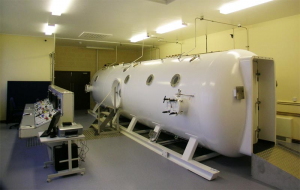
Prevention of Decompression sickness
Avoid flying within 24 hours after diving (increasing altitude during a flight will further decrease pressure in the bloodstream, hence potentially increasing bubble formation and exacerbating injuries).
- Avoid alcohol before diving.
- Maintain good hydration.
- Be well rested prior to dive.
- Avoid diving when sick/weak
- Dive within the limits set out in the diving tables. (Be wary of fudged diving tables.)
- Avoid hot baths, spas and saunas soon after diving.
- Choose dive destinations where hyperbaric chambers can be reached rapidly.
- Know the location of the nearest hyperbaric chamber.
Divers’ Emergency Service (DES)
This is a free phone consultation service for diving-related medical emergencies. They can also provide the location of the nearest hyperbaric chamber.
24 Hour Hotline:
ph: 1800 088 200 (toll free from within Australia)
618 8212 9242 (if calling from outside Australia
Read More »
